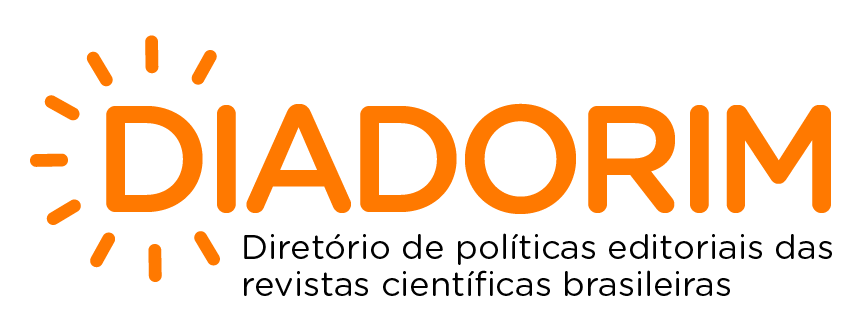Population Perception Of The Scope Of Action Of The Unified Health System
DOI:
https://doi.org/10.56242/globalhealth;2024;4;15;6-11%20Keywords:
Unified Health System, Health Services, Perception, UserAbstract
INTRODUCTION: The Unified Health System (SUS) is one of the largest public health systems in the world, with its guiding principles of universalization, equity, and comprehensiveness. It involves the execution of surveillance, management, and healthcare actions, aiming to address all levels of prevention. However, the public’s perception of the services offered is still limited. OBJECTIVE: To assess the level of perception among users served by an outreach project regarding SUS’s field of action. METHODOLOGY: A cross-sectional study was conducted using a questionnaire that included socioeconomic determinants and services that are or are not part of SUS. A quartile method was subsequently applied to analyze levels of public knowledge. RESULTS/DISCUSSION: There is low public knowledge regarding health surveillance, which hinders its development and funding. There is greater understanding of healthcare services across the three levels of complexity, with primary care being more prominent. Management is moderately understood but faces regional and bureaucratic barriers. The National Health Education and Popular Education in Health policies are crucial to improving public knowledge and encouraging active participation in the management of their health. CONCLUSION: There is an unequal understanding of SUS services, with areas such as surveillance and management being less recognized, affecting their development and funding, while the focus remains more on healthcare services. Strengthening health education policies could help increase public knowledge about their rights and available services.










